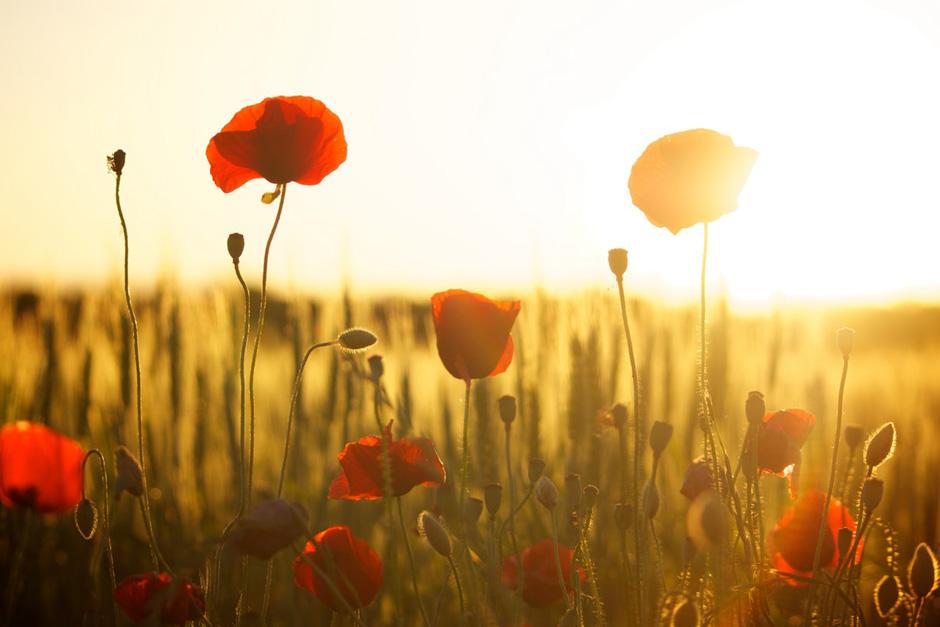This November it will be 100 years since the Armistice that marked the end of the fighting in the First World War.
With all the poppies appearing on shows across TV, the special shirts worn by high-profile footballing heroes, and veterans and other people selling them on behalf of the British Legion on high streets all over the UK, there’s a good chance your little ones will have questions about what the little plastic flowers mean or even about the First World War itself.
It’s something of a daunting task, explaining what happens in wartime and why, and it might seem that it’s a subject best avoided. However, if it does come up, or if it’s something that you think is important enough to bring up yourself, here are a few ideas that might help.
Listen to their concerns
If your young children bring up the question of the First World War or war in general, it is probably because there is something that is bothering them about it. It might be something that they’ve been discussing in school or perhaps they’ve caught something on the news. Maybe they are a little scared and need some reassurance that they are safe.
The important thing, however, is not to rush in with the reassurance before they’ve actually told you what they’re scared about. It will help them deal with whatever anxieties they have about what happens, whilst also teaching them that you value their thoughts and feelings.

Craft activities
If it seems that your child is interested but maybe doesn’t want to talk about it, there are other ways and means. Craft activities are another way to help them make sense of the situation.
Perhaps they could make their own version of a propaganda poster from the era, to give them a feel of what people thought at the time. Maybe they could bake a trench cake to get an idea of what people considered a treat in those days where eggs were rationed and vinegar was an essential ingredient.
Perhaps they could design their own medals or plant some poppy seeds, also available from the British Legion.
Attending a memorial service
Many people’s early memories of Remembrance Sunday might be going to a memorial service at a cenotaph somewhere in your home town, perhaps when they were in the cub scouts.
If your little one is still too young to take on board everything that is going on, they will at least get a sense of community from the people gathered together, and year on year they will build their own sense of what Remembrance means. They may even meet a veteran
Poppies short films
Below are two short film entitled Poppies and The Poppy Story made by the BBC which might give younger viewers something to think about and to talk about with their parents.
Does it matter?
Remembrance of the lives of people who died while serving in the armed forces and fighting wars is a big part of British culture, so it is important that kids eventually have an understanding of what Remembrance Day is about.
If you have strong feelings about the subject yourself, it is probably best if you get your ideas about the events established as soon as possible.




Leave a Comment: